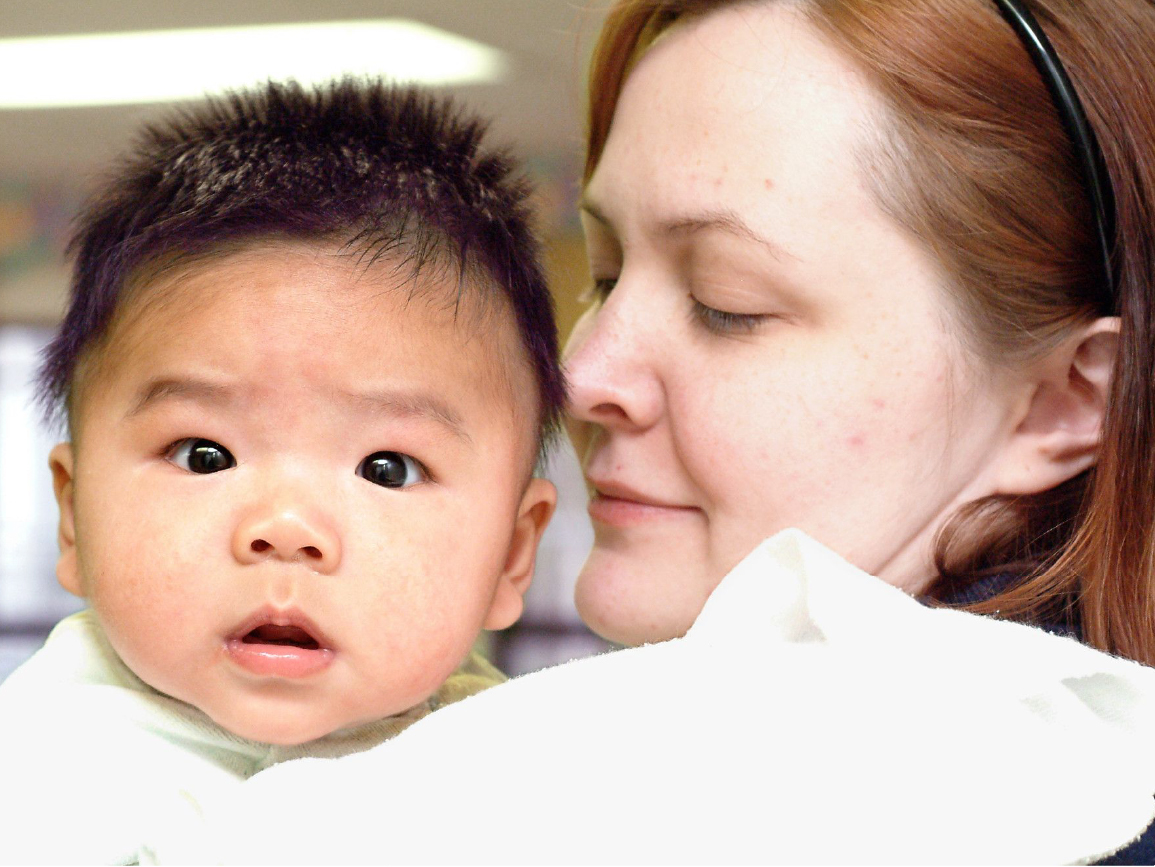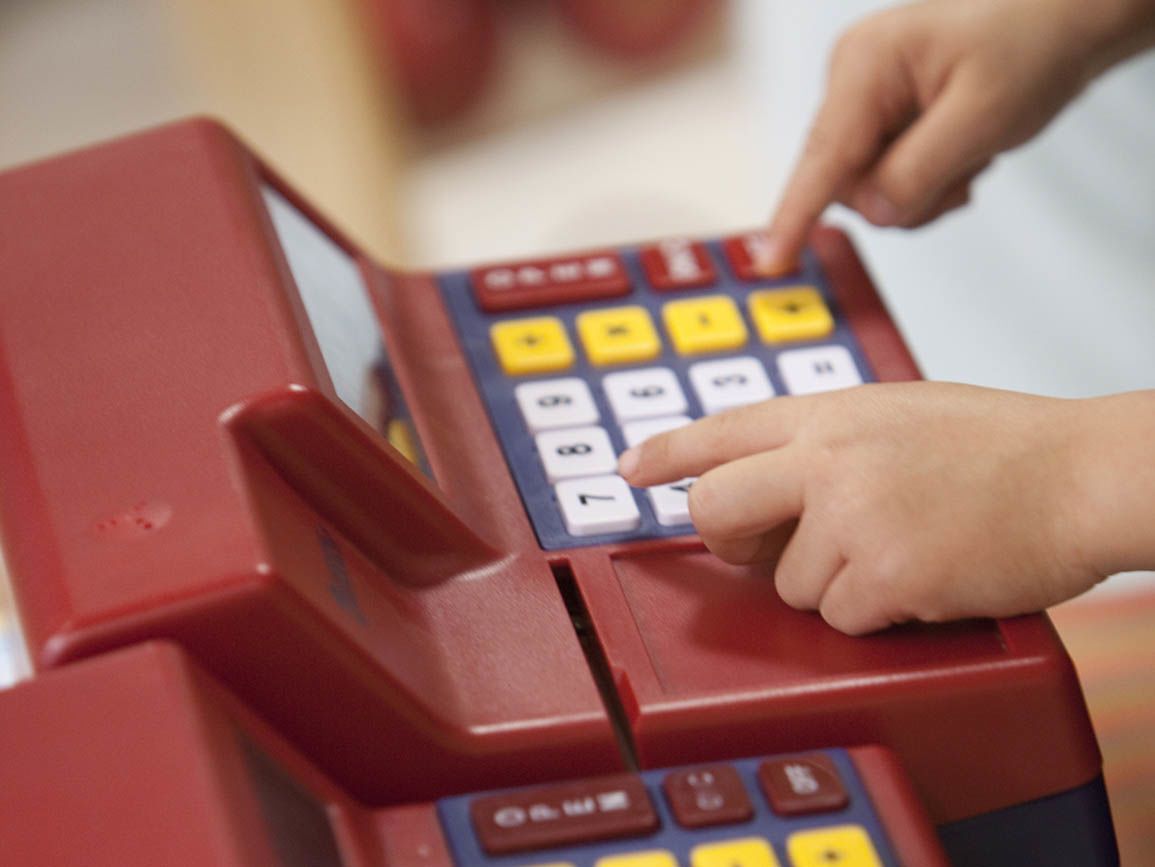Job stress, worries, or just plain exhaustion can lead to heated discussions between couples. Just like our children, its easy to let our emotions reign unchecked and resort to yelling, crying, or saying hurtful things that we really dont mean to say.
Children react to intensity and passion. Intensity and anger arent the same things, but we (and children in particular) may not always recognize the difference. Intensity is the level of feeling involved; it may be a heartfelt or passionate feeling. Anger is an intense emotional state brought on by displeasure that can be directed at others, at objects, or at ourselves. Although most of us have found ourselves in disagreements in front of our children, avoiding passionate or angry confrontations is important to promoting healthy family relationships.
How to Keep Parent Arguments in Check
- Keep the argument on the issue. Try not to let the argument escalate to yelling, name-calling, obscenities, or throwing objects. Children are confused and hurt when the two people they love are fighting.
- Save heated discussions for times when the children arent around. Loud voices and angry words that parents might use can make our children feel scared, sad, or upset. However, arguments that involve the "silent treatment" or chilly looks can be equally as upsetting for our children to observe.
- Keep children out of the argument. No matter what the disagreement is about, avoid asking children their opinion or guiding children to take sides. Our children should maintain a positive, loving image of both parents.
- Let your children see you make up. Its important for children to see their parents make up with one another. If the topic is appropriate, talk to your children about it.
- Reassure your children that you love your partner. Its hard for children to understand that we can argue and even say hurtful things and still love one another. Reassure your child that you love your partner even though you may be angry.
- Reassure your children that the argument is not their fault. Most children get anxious when their parents argue and tend to believe that the argument is their fault. Be sure to reassure your child that your behavior is never their fault.
- Reassure your children that you love them. No matter what may transpire between parents, children need constant reassurance that both parents love them. Remember the importance of caring touch can help reduce childrens anxiety and build their self-esteem.
- Know your child. Each child is unique in his or her sensitivity to stress and unease; while one child may act empathetic about a situation, another may be fearful and scared. Children often fear change and abandonment, especially if change has been frequent in their life, and parental disagreements may add additional anxiety. Talk to your children about their feelings and how they feel when arguments take place.
- Making up may not make it all better for children. Children are reassured by harmony if it is genuine, but they also have the potential to store hidden anxieties and fears from parents. Family conflict certainly takes its toll. Again, knowing your children is the best way to ease tension and resolve family issues.
Real life is rarely the unnatural calm of the 1960s sitcom. Disagreement and conflict is a normal part of relationships. Whether parents are separated or married, issues will arise which may result in an argument or disagreement. But whats important for our children and for us is to reduce the amount, the intensity, and the visibility of arguments when they do take place. If appropriate, be sure to include your children in the resolution of the argument and continue to be available and open to their questions and concerns.
- Going through a divorce is hard for everyone. Here are approaches to positive co-parenting with an ex-partner.
- Its easy to put your kids needs ahead of your partner. Here are some ideas for building a healthy, loving relationship.
- Family meetings are a great way to keep communication opened with kids and help solve any problems.
- Sibling rivalry presents many parenting challenges. How do you make kindness a family trait?





